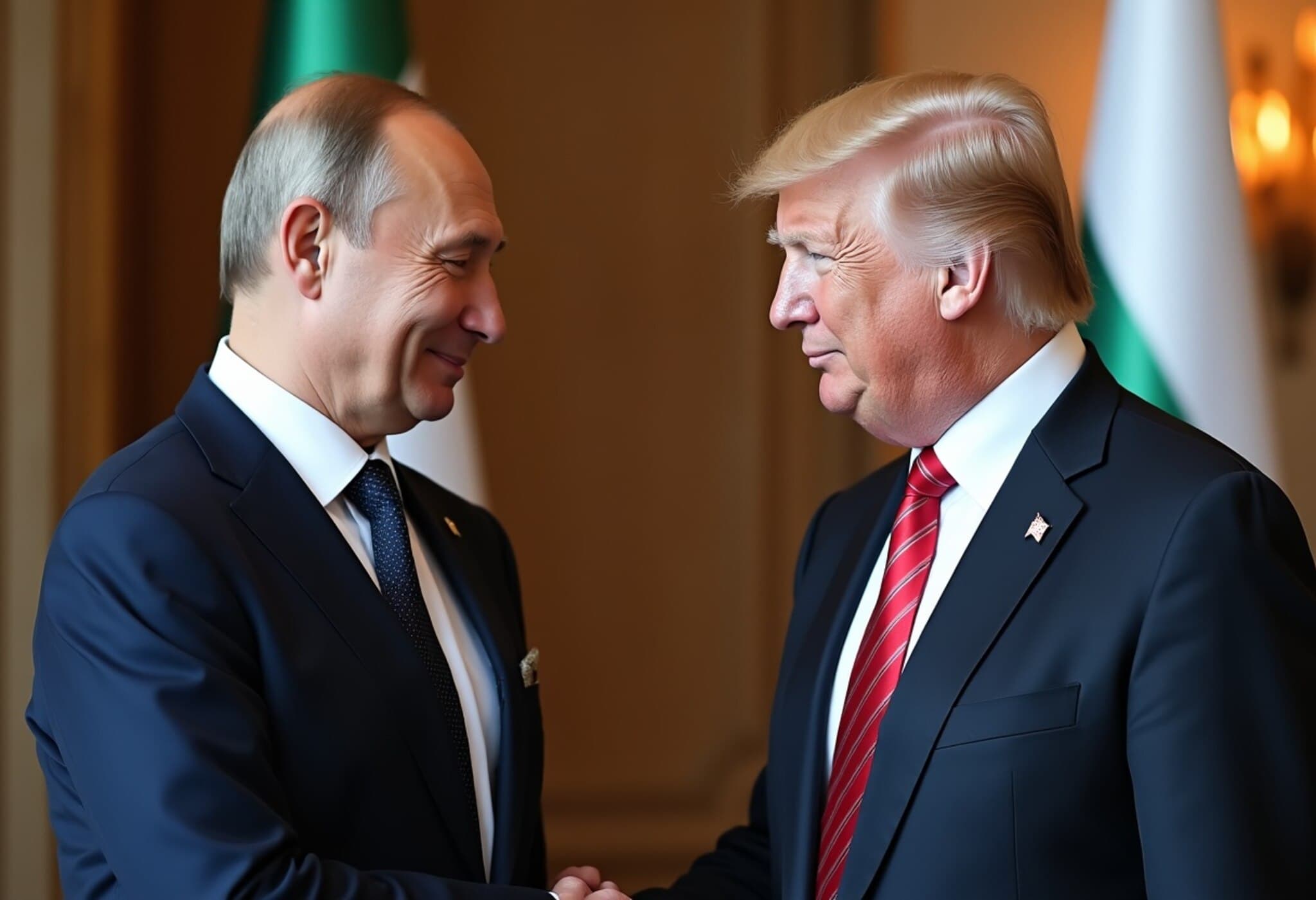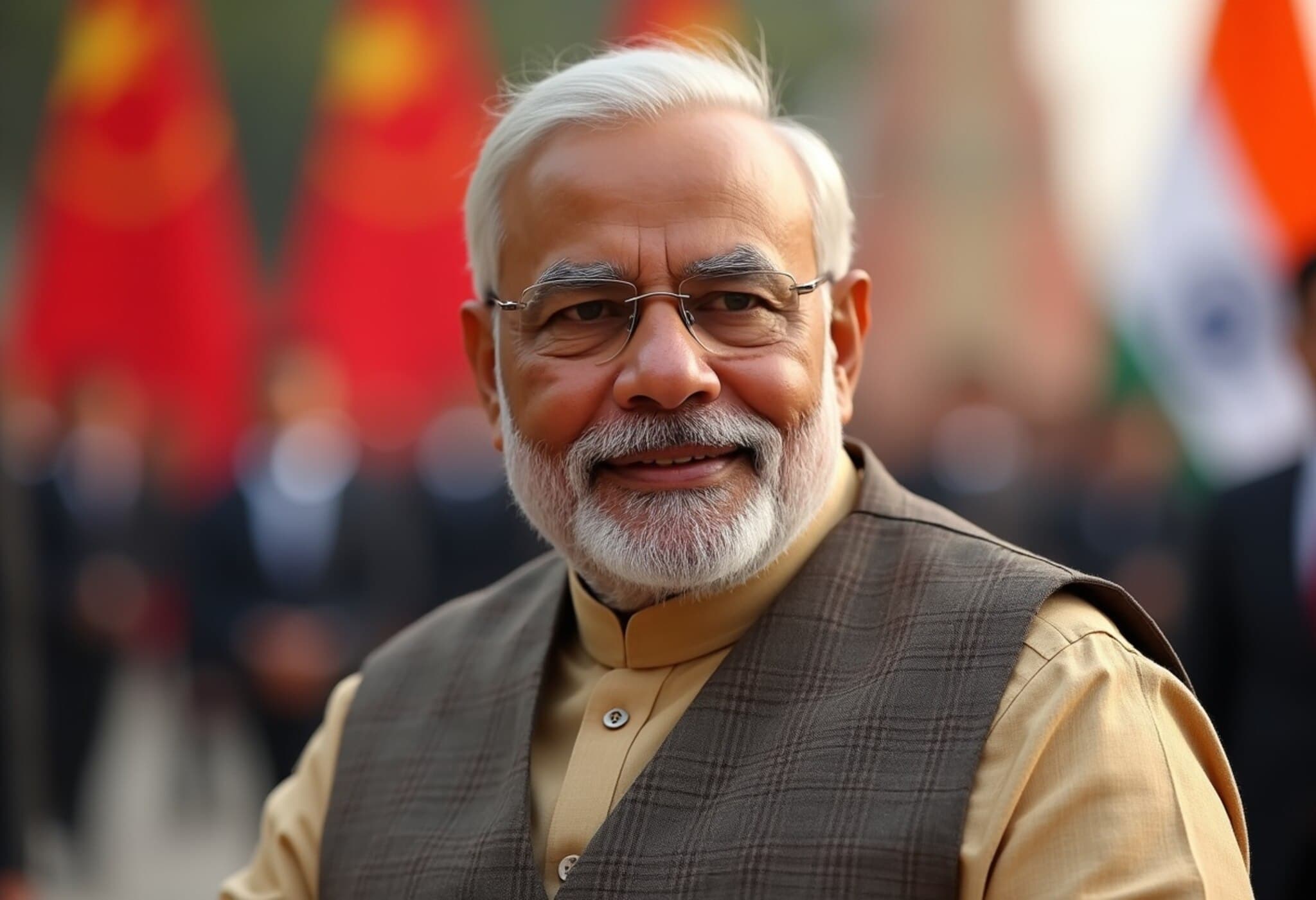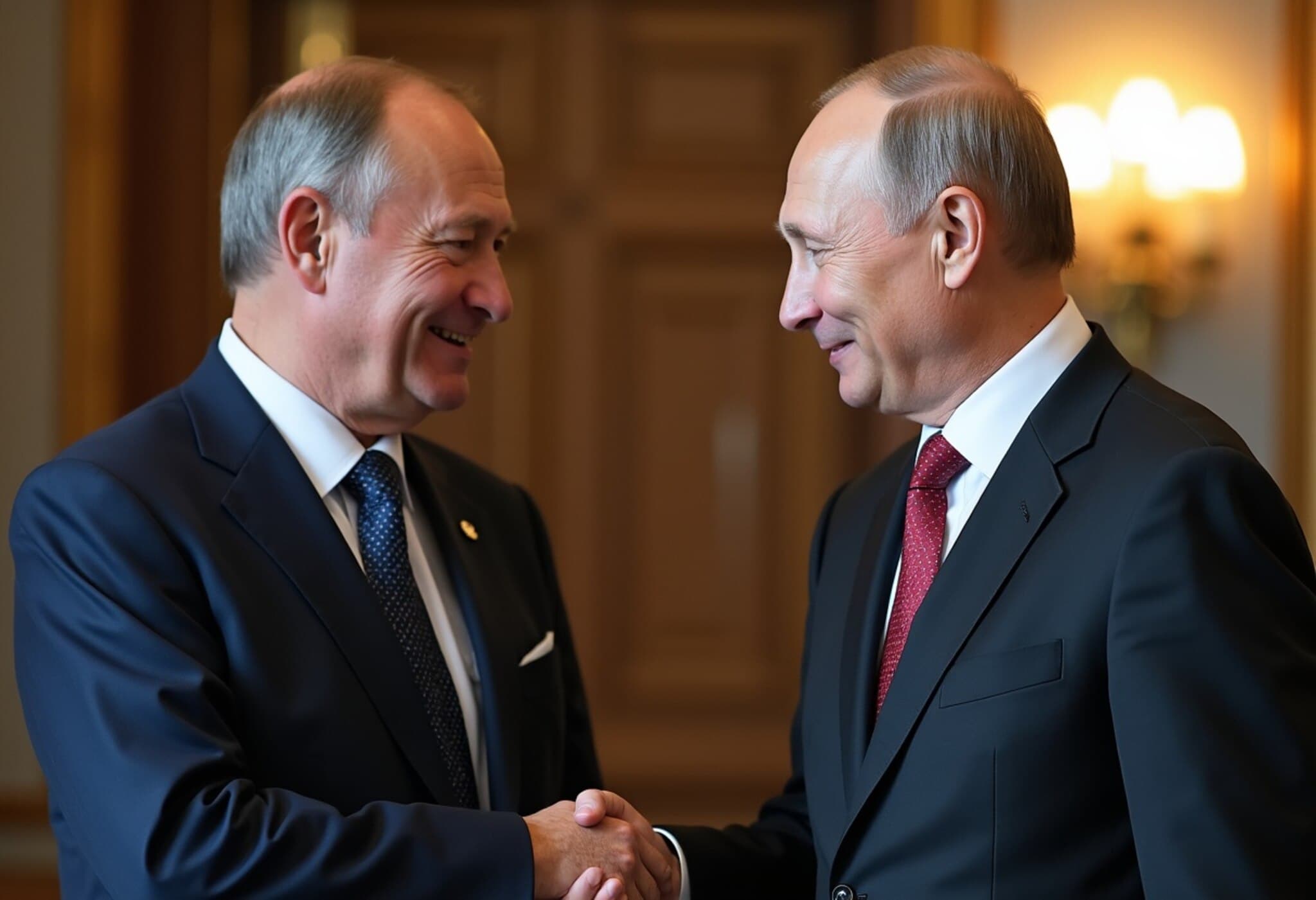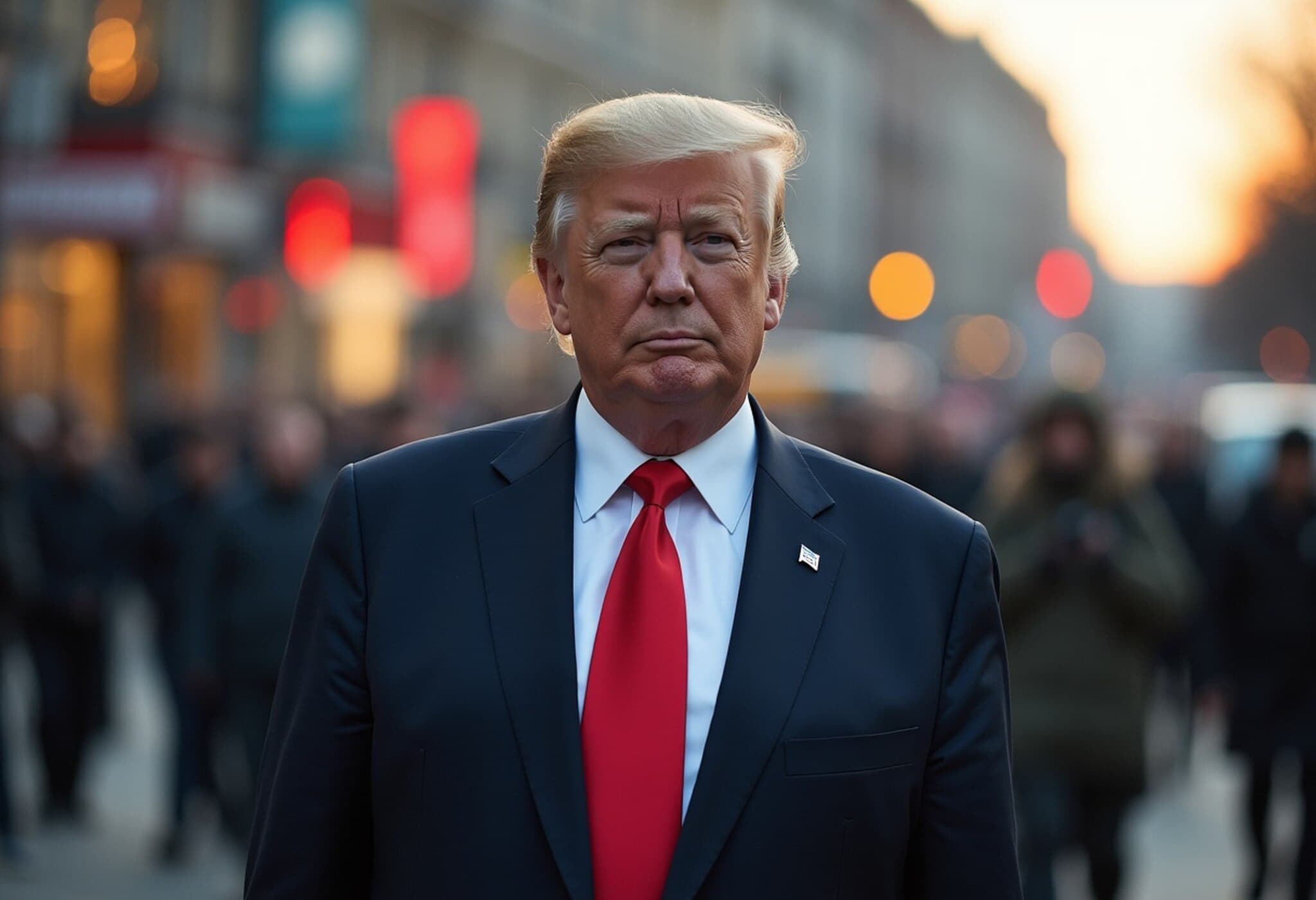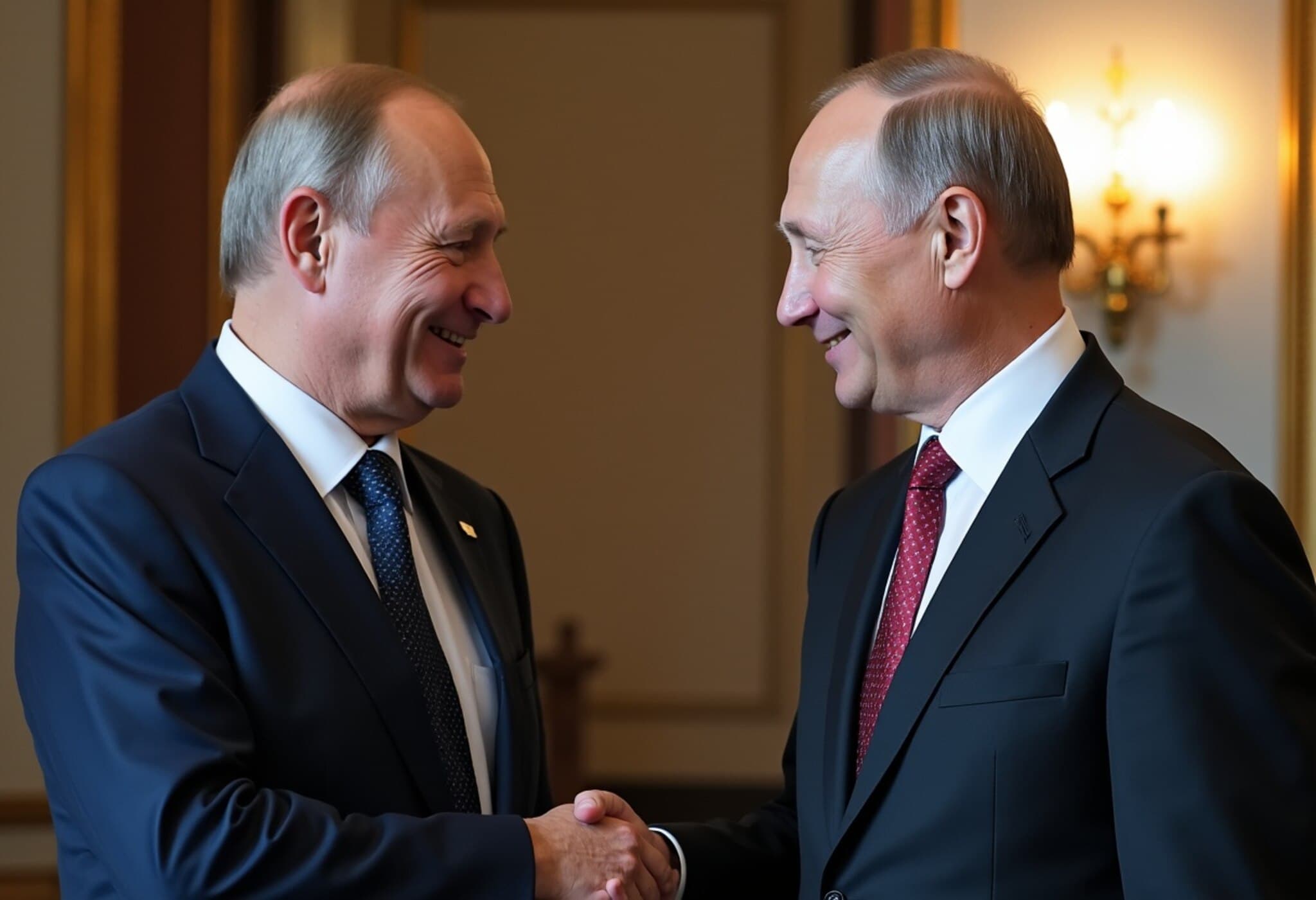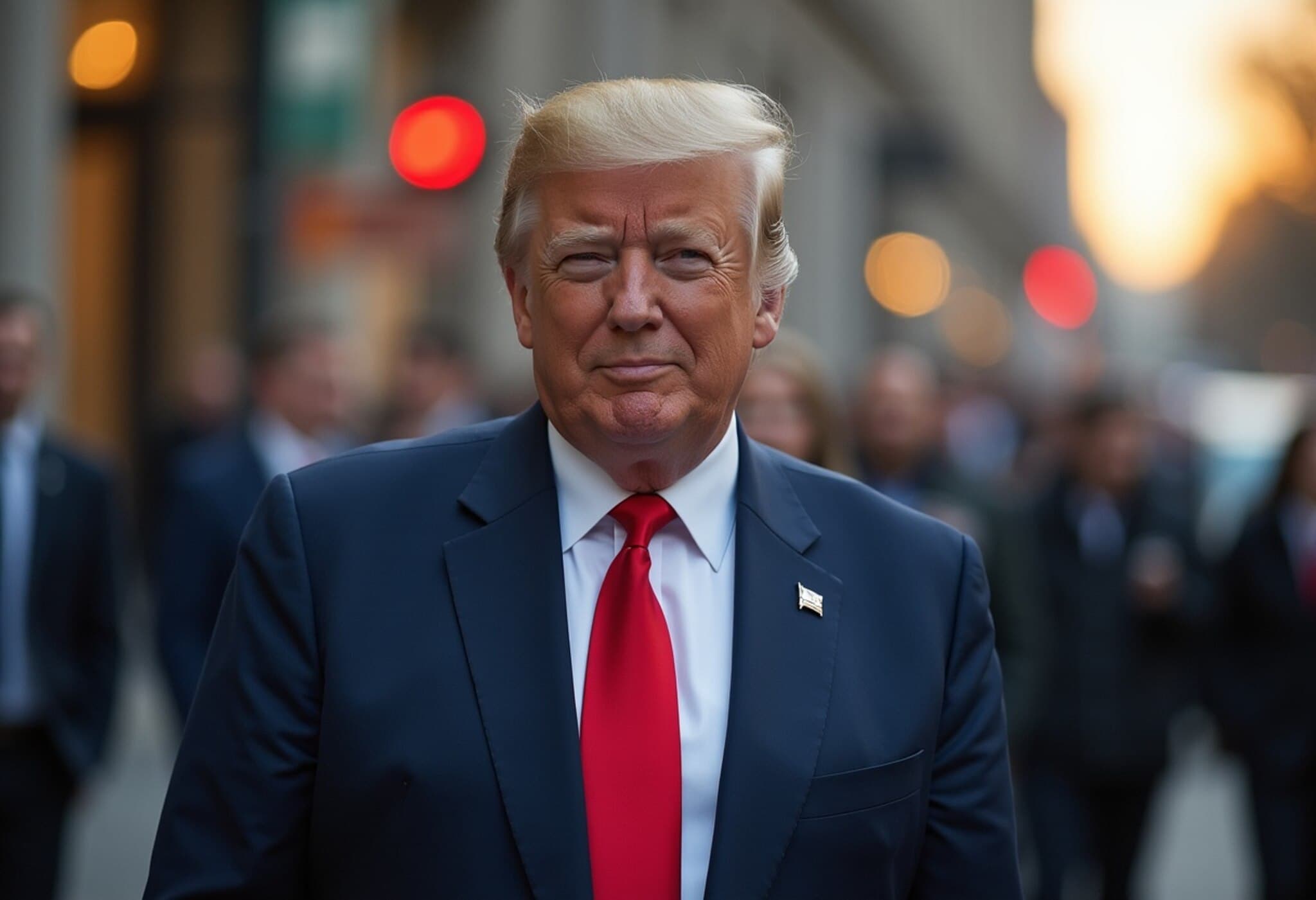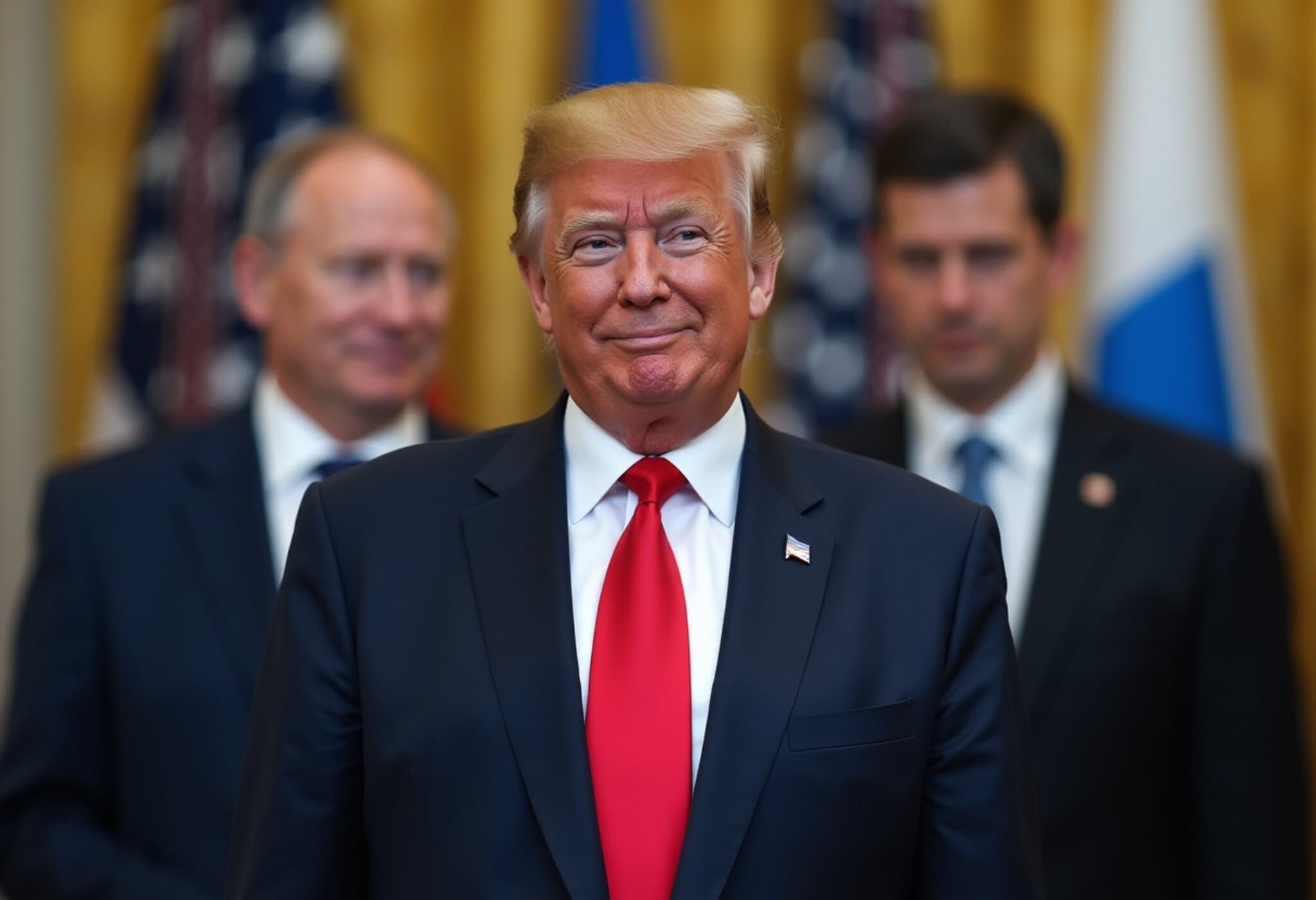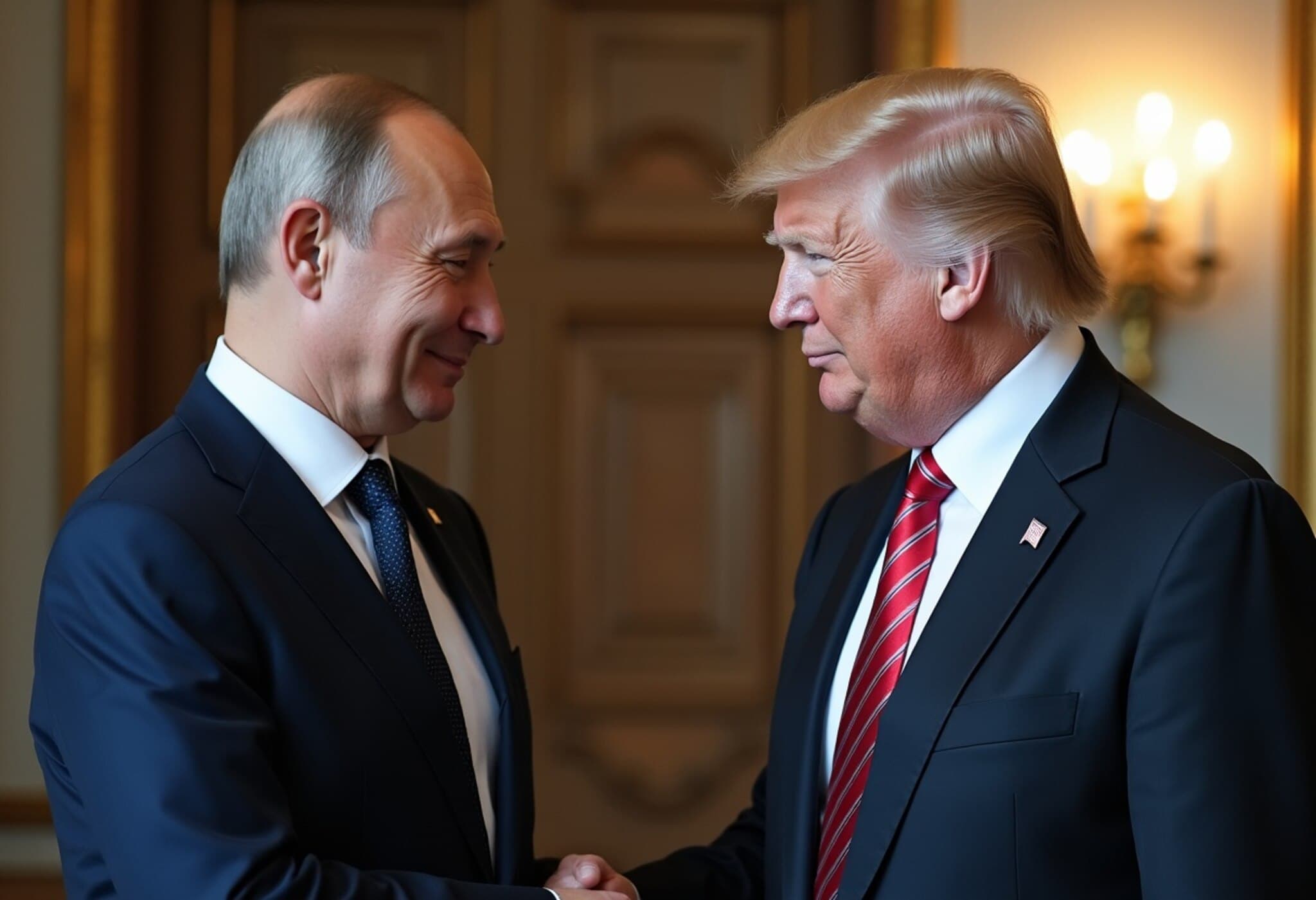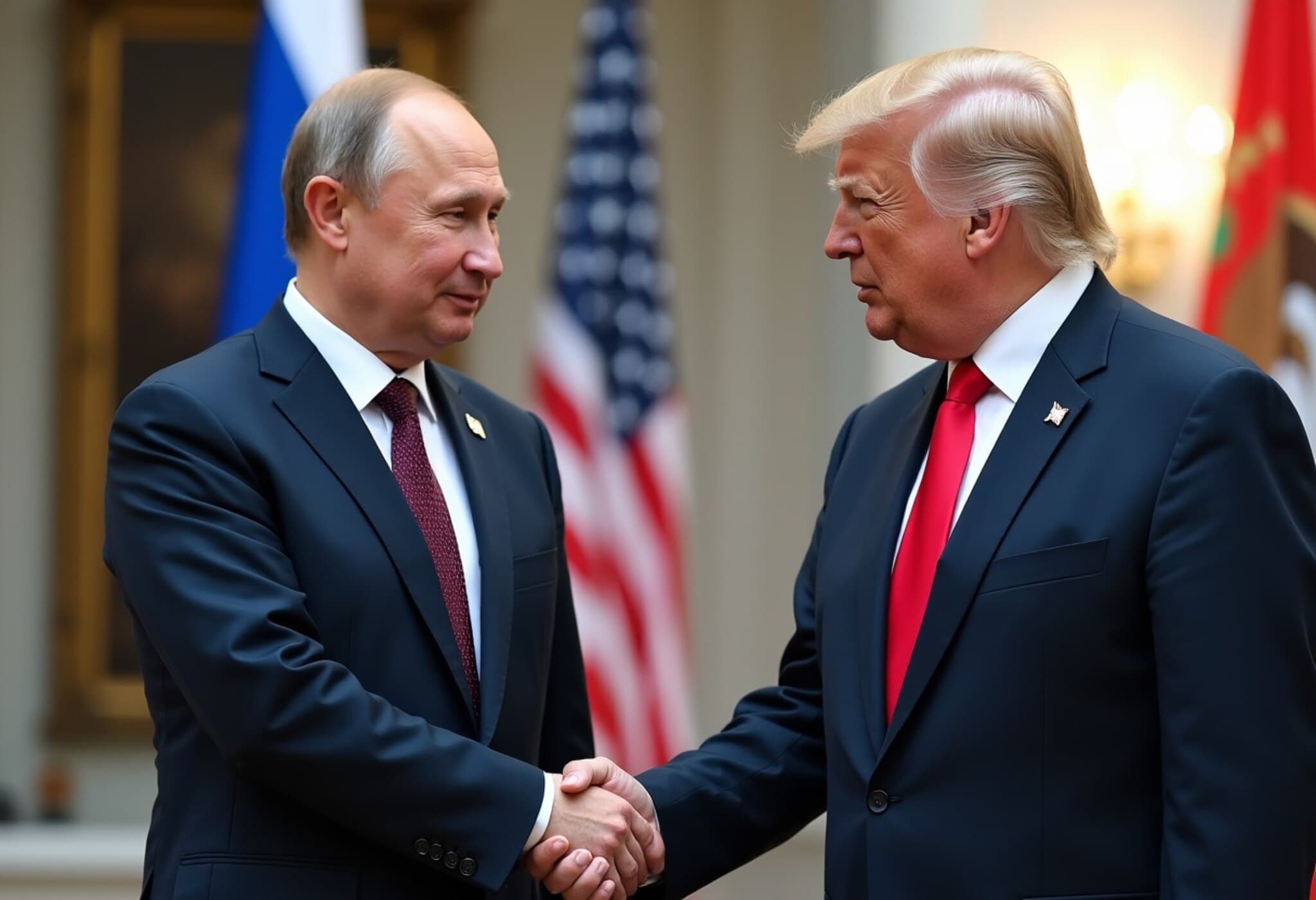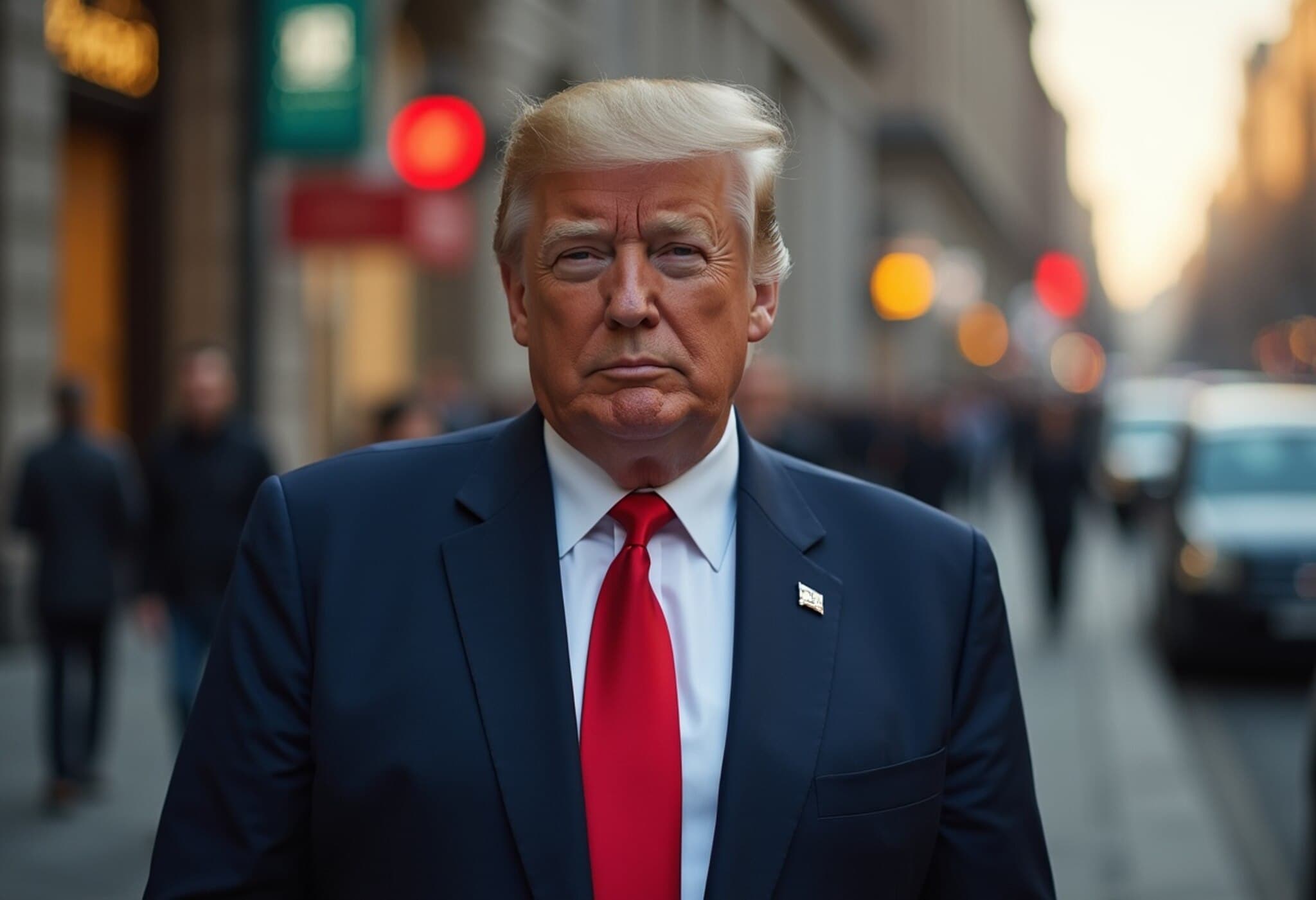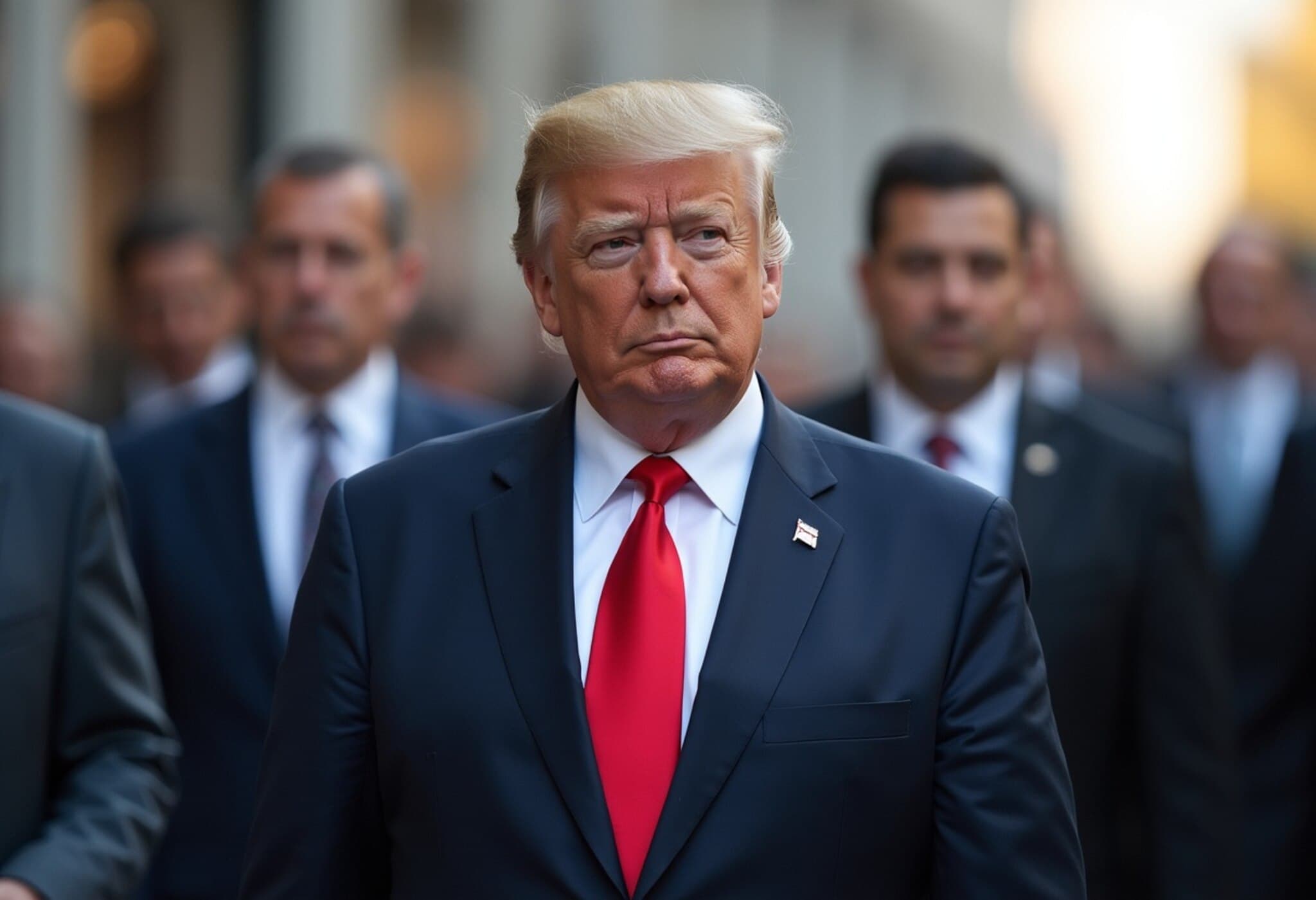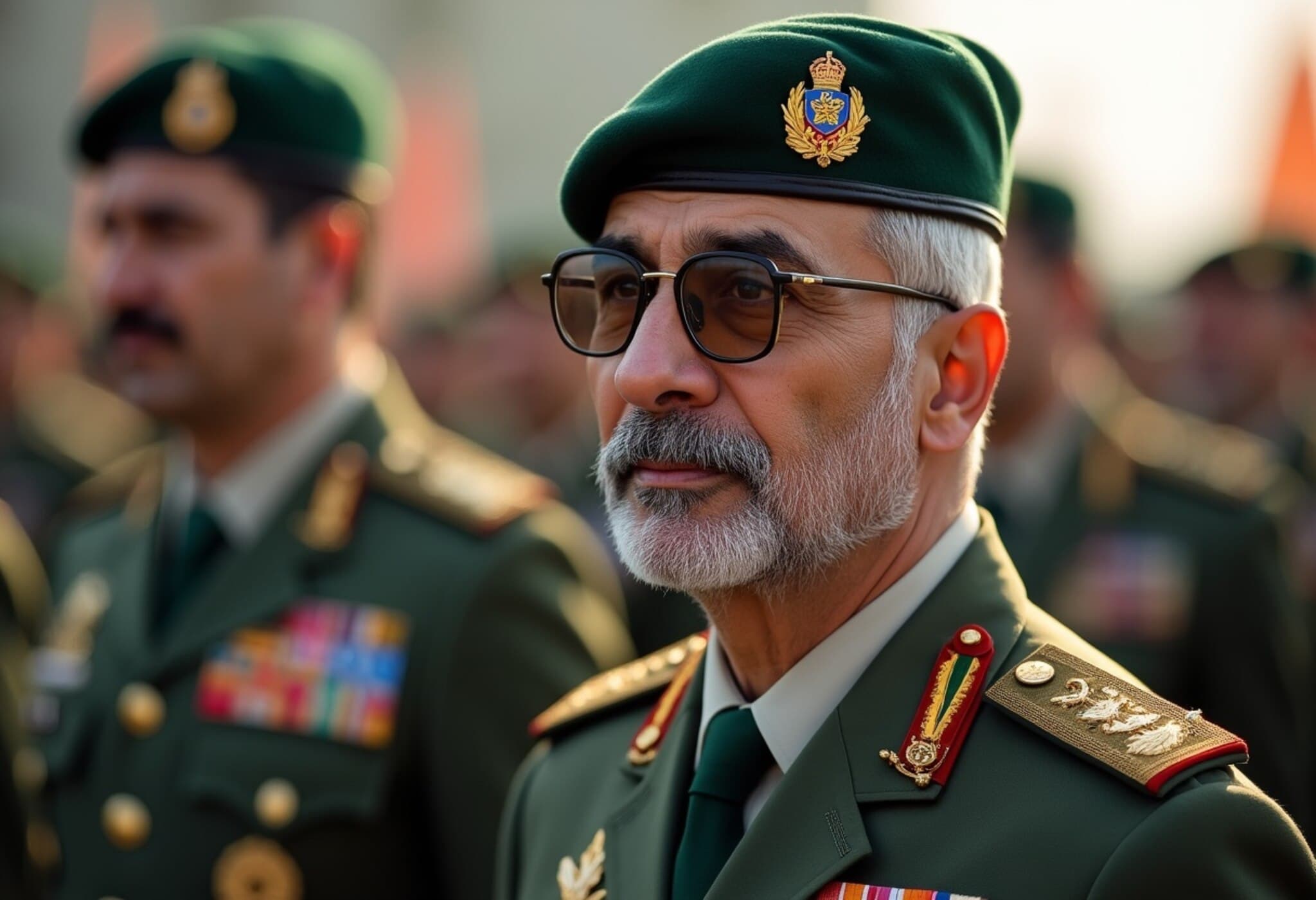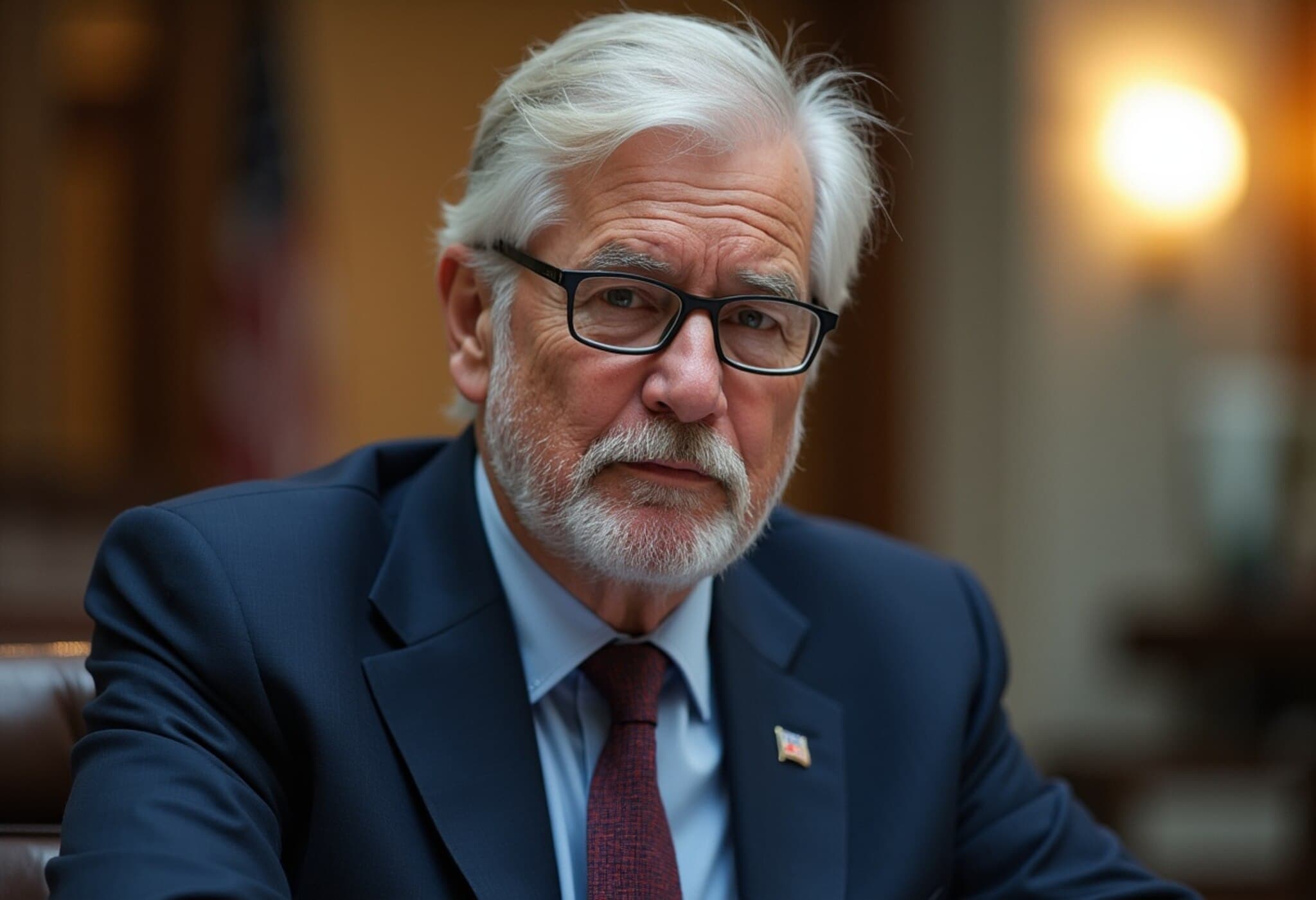Putin Confirms Upcoming Trump Summit, Eyes UAE as Ideal Venue
In a significant development amid ongoing geopolitical tensions, Russian President Vladimir Putin publicly confirmed plans for an imminent summit with former U.S. President Donald Trump. Speaking on Thursday, Putin emphasized mutual interest from both leaders for the meeting, unveiling the United Arab Emirates (UAE) as a strong candidate to host this high-profile engagement.
Mutual Desire for Dialogue
When pressed about who initiated the summit talks, Putin sidestepped assigning credit, stating that "both sides had expressed interest," and that the order of outreach is now “no longer relevant.” This exchange signals a rare moment of diplomatic openness following a period marked by strained U.S.-Russia relations, especially concerning the war in Ukraine.
Why the UAE?
The proposed venue choice is especially noteworthy. The UAE has steadily emerged as a pivotal player in global diplomacy, sitting at a strategic crossroads between East and West. Putin described the emirate as “one of the suitable options,” highlighting its willingness and capacity to facilitate such international dialogues.
His comments came after a constructive meeting with UAE President Sheikh Mohammed bin Zayed Al Nahyan, reinforcing a rapidly deepening partnership between Moscow and Abu Dhabi—one with growing economic, security, and geopolitical dimensions.
Background: Russia-UAE Ties on the Rise
The UAE has long been a close ally of the United States, but its relations with Russia have notably accelerated since the outset of the Ukraine conflict. Notably:
- The UAE has refrained from adopting Western sanctions against Russia, positioning itself as a neutral ground.
- It has become a refuge for Russian oligarchs and expatriates seeking escape from sanctions and conscription pressures.
- Economic ties have surged, with approximately 4,000 Russian businesses operating in the UAE and escalating bilateral investments across sectors.
The Ukraine Factor and Potential Inclusion of Zelenskyy
When addressing the possibility of including Ukrainian President Volodymyr Zelenskyy in the dialogue, Putin offered a cautious but open stance: "I have nothing against it in principle, but certain conditions must be met first. Unfortunately, we are still far from that point." This reflects persistent diplomatic hurdles and underscores the complex realities surrounding peace negotiations.
In parallel, this announcement follows a closely watched visit to Moscow by Steve Witkoff, a U.S. envoy connected to Trump, who engaged in extended discussions with Putin. These events suggest a concerted effort to recalibrate relations with hopes of facilitating a viable ceasefire in Ukraine.
Contextual Insight: What This Means for U.S.-Russia and Global Diplomacy
Such a summit could mark a turning point in a fraught chapter of post-Cold War tensions. A UAE-hosted meeting reflects Washington and Moscow’s interest in neutral territory, indicating a strategic pivot to avoid traditional diplomatic flashpoints in Europe.
Moreover, the UAE’s balancing act—maintaining robust ties with both global powers without overtly siding in the Ukraine conflict—positions it uniquely as a mediator and facilitator. This dynamic exemplifies how emerging Middle Eastern players are reshaping international diplomacy in the 21st century.
American Perspectives and Policy Considerations
From a U.S. standpoint, Trump’s willingness to engage with Putin again—and to consider a summit in a third country—provokes debate. Supporters argue these talks could pave the way to conflict de-escalation, while critics warn against legitimizing Russia amid ongoing hostilities. Furthermore, recent U.S. punitive tariffs on India for importing Russian oil spotlight Washington’s efforts to deter continued Russian economic resilience through alternative partnerships.
What Comes Next?
The evolving situation demands close observation. Key questions linger:
- Will President Biden’s administration support such a summit given the sensitive geopolitical stakes?
- Can the UAE leverage its influence to broker meaningful progress toward peace?
- What preconditions must be met before broader participation, including that of the Ukrainian leadership, can become viable?
Editor’s Note
The announcement of a Trump-Putin summit, potentially held in the UAE, marks a fascinating convergence of diplomacy, economics, and geopolitics. It underscores the shifting contours of global power, where emerging regional actors like the UAE play increasingly central roles. While cautious optimism is warranted, the road ahead is fraught with complexity, not least due to the unresolved conflict in Ukraine and the delicate balance of strategic interests worldwide. Readers should watch closely how this summit might influence the future of international relations and peace efforts.

